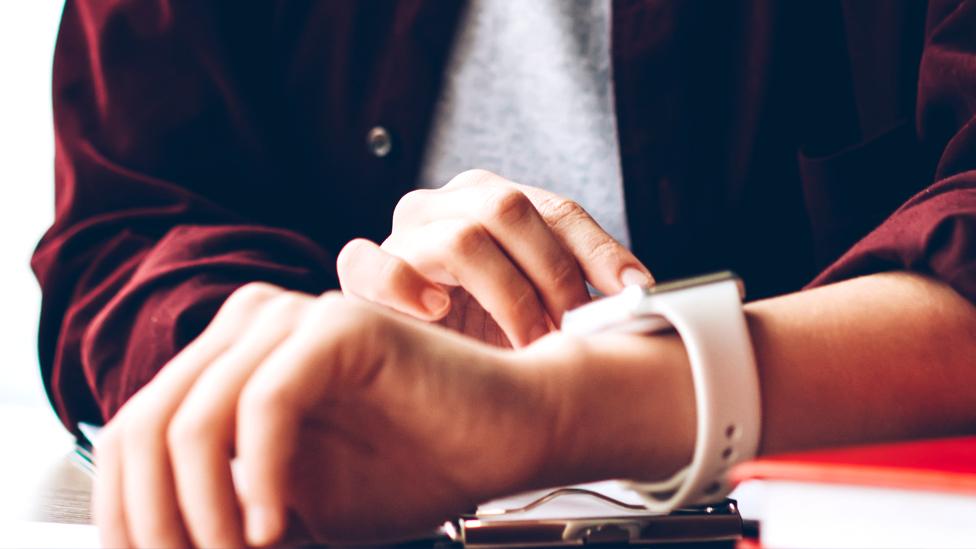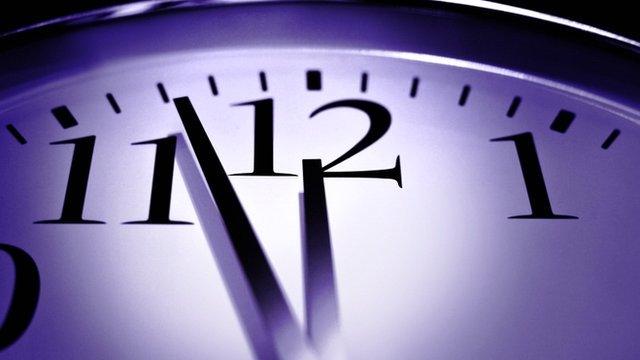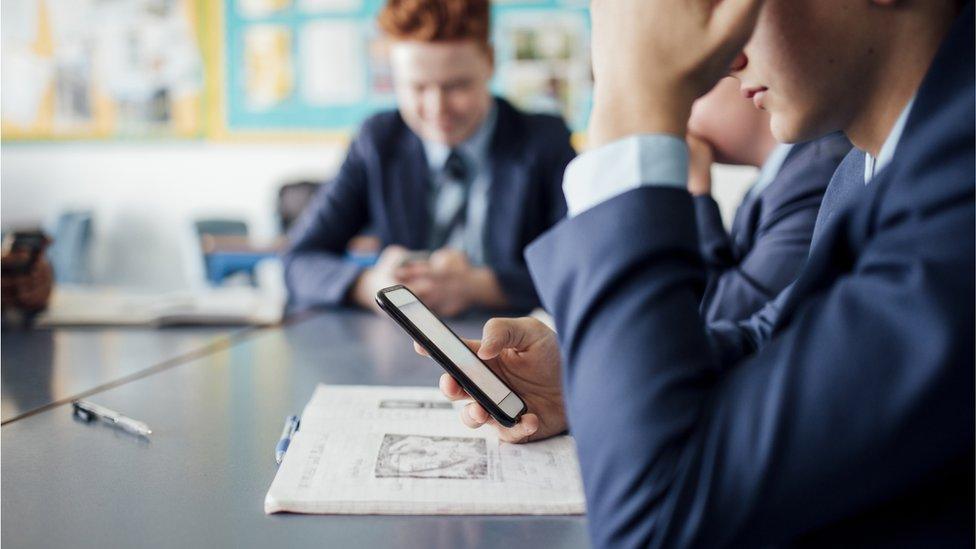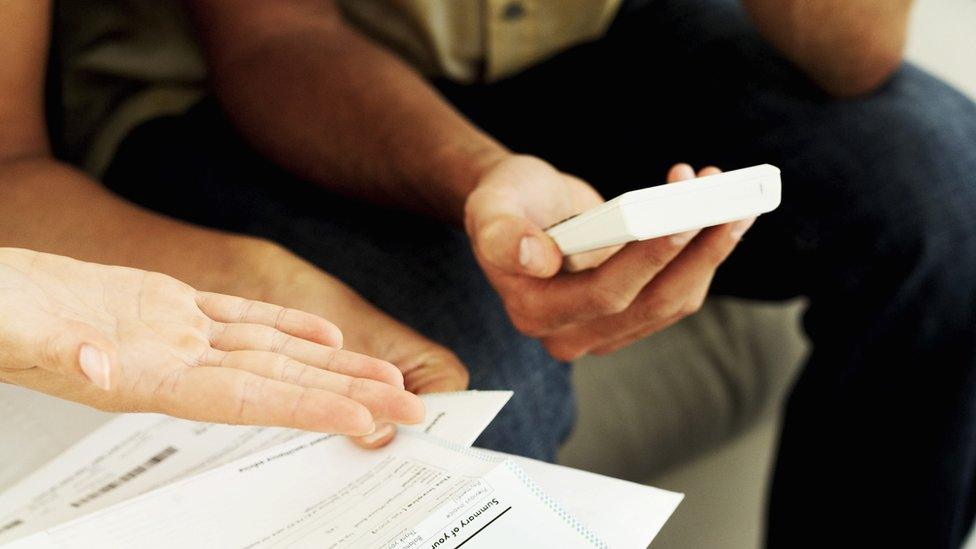'Ban all watches from exams to stop cheating'
- Published
- comments

All watches should be banned from exam halls to discourage cheating, says an inquiry into the extent of malpractice in exams taken by pupils across the UK.
Smart watches, connected to the internet, are already banned from use by students taking public exams.
But the review, commissioned by exam boards, says it is becoming difficult to distinguish between hi-tech and traditional watches.
Review chairman Sir John Dunford called for a "blanket ban" on watches.
The Independent Commission on Examination Malpractice, set up by exam boards to investigate the prevalence of cheating in public exams in England, Scotland, Wales and Northern Ireland, says that overall there is a "very low level of malpractice".
Confusing for invigilators
But it warns of the increasing "sophistication of internet-enabled devices" which could be used unfairly in exams such as A-levels or Highers.
Sir John, a former head teachers' union leader, said smart watches could look like conventional watches, leaving them open to misuse by cheats.
"It can look as if it's a time-telling watch and actually, you press a button and it becomes an email-type watch.
"If you don't ban them all I think you're giving a very difficult job to invigilators who are looking round an exam room.
"So I think the obvious thing to do here is to ban watches."
There are exam centres which already do not allow pupils to wear watches - but the review says there needs to be clarity with such a ban applying across all exams.
Pupils in exams would still need to know the time - and Sir John said schools would have to make sure there were enough visible clocks on the wall.
The review also raised other hi-tech cheating concerns - such as students potentially concealing a device below a false fingernail - and called on exam boards to check the "dark web" for illegal sales of exam papers.
The Joint Council for Qualifications says it will consider whether such a ban on watches could be in place for exams taken next summer.
There were also more mundane issues around cheating - with the review calling for "toilet sweeps" to make sure toilets were not being used to hide ways of getting information during exams.
Extra time
The report also highlighted concerns about the rise in schools seeking extra time for pupils in exams, such as if they have a particular special need or emotional problem.

Sir John said there was no evidence that this was "malpractice", but there needed to be more investigation to explain a "remarkable" growth in such pupils getting 25% more time.
The most common form of cheating was using a mobile phone in exams.
But despite the changing technology, Sir John said the review found no overall increase in cheating over time and that levels had remained relatively constant.
Figures for England from last year showed 2,735 pupils had been penalised for cheating - marginally down on the year before.
This represented 0.02% of entries and was more common at GCSE level than A-level.
Hoax leaks
As well as using technology to cheat, concerns were raised about online activity being used to "destabilise" pupils.
Pete Langley, of the Student Room, warned of a growing problem of people pretending to leak exam questions online, with these "hoax" leaks confusing other students.
This followed a series of online leaks of maths A-level questions.
Geoff Barton, leader of the ASCL head teachers' union, backed the finding that cheating remained rare.
"But the small number of reported incidents, particularly high-profile breaches, can have a disproportionate impact on the public's perception of the exam system," he said.
The exam regulator Ofqual supported the finding that there was no "endemic problem of malpractice".
But a spokesman welcomed the call for "greater clarity" about when pupils should be able to get extra time to take exams.
- Published1 March 2019

- Published26 July 2018
